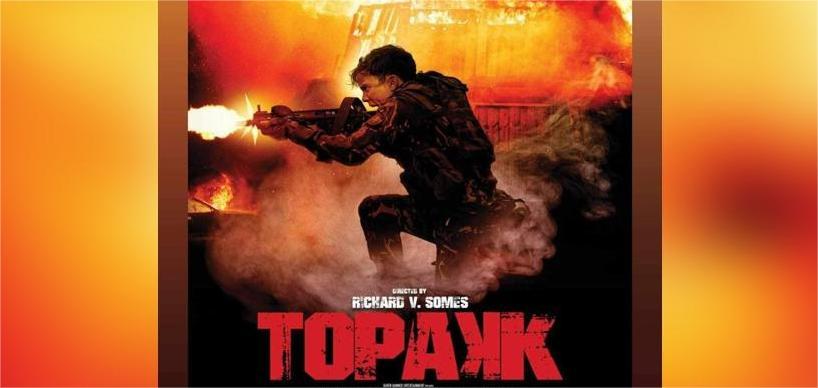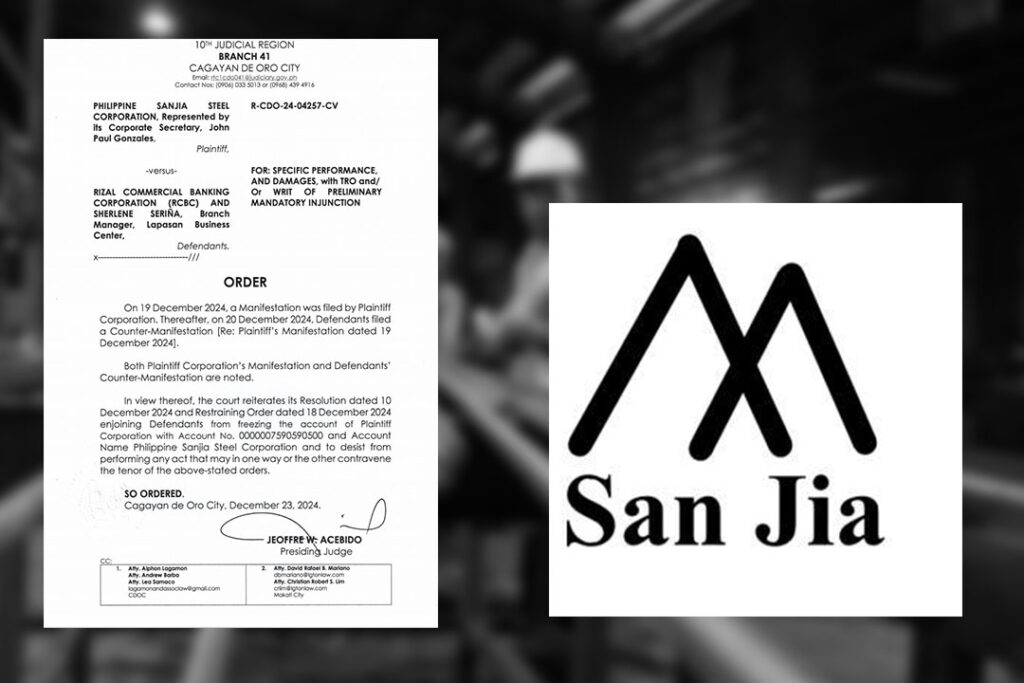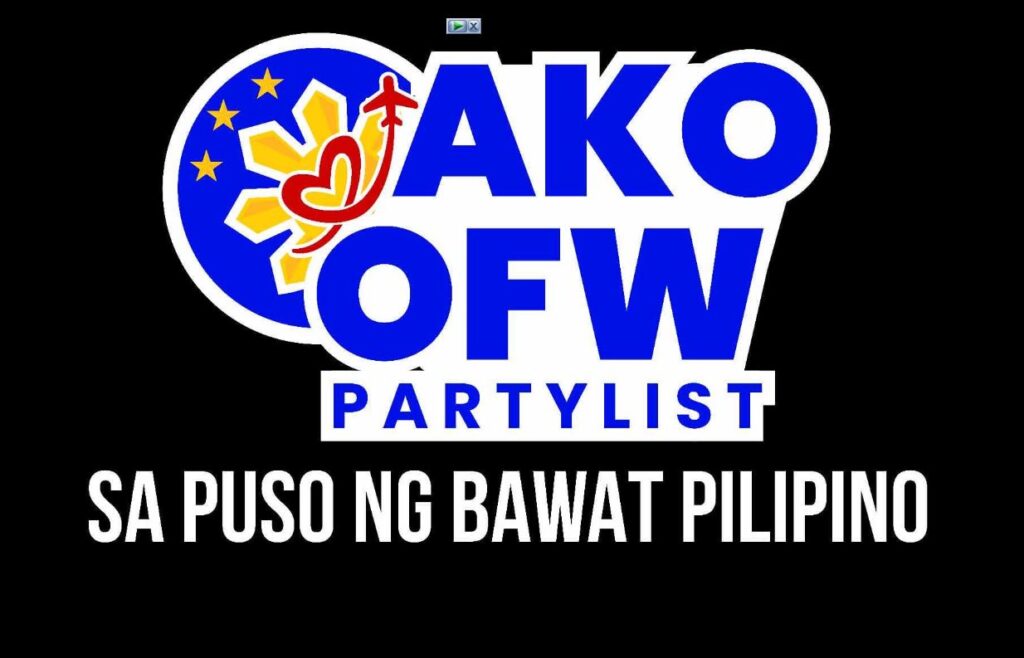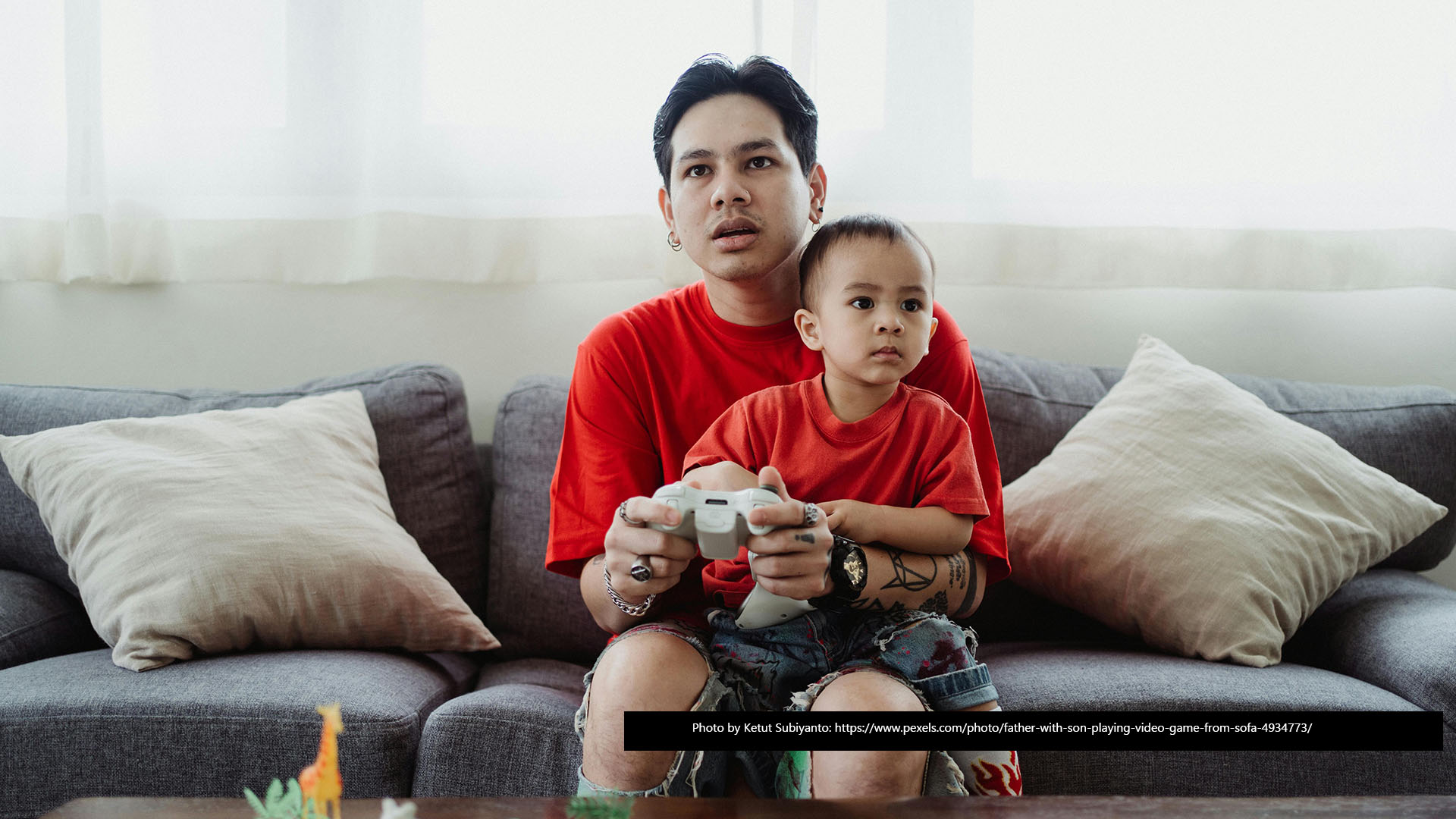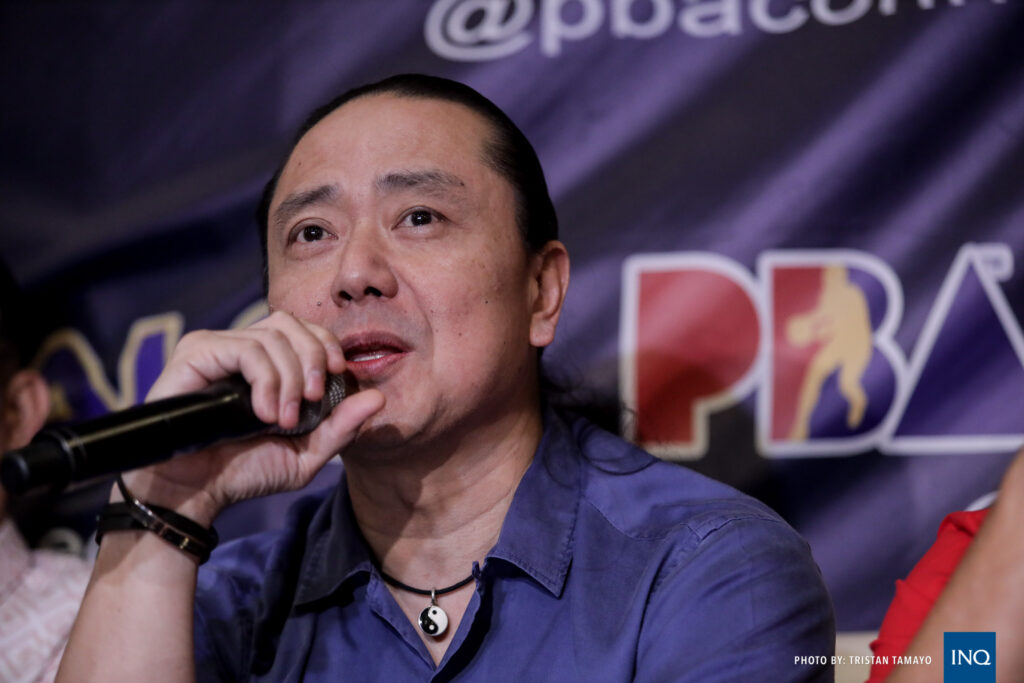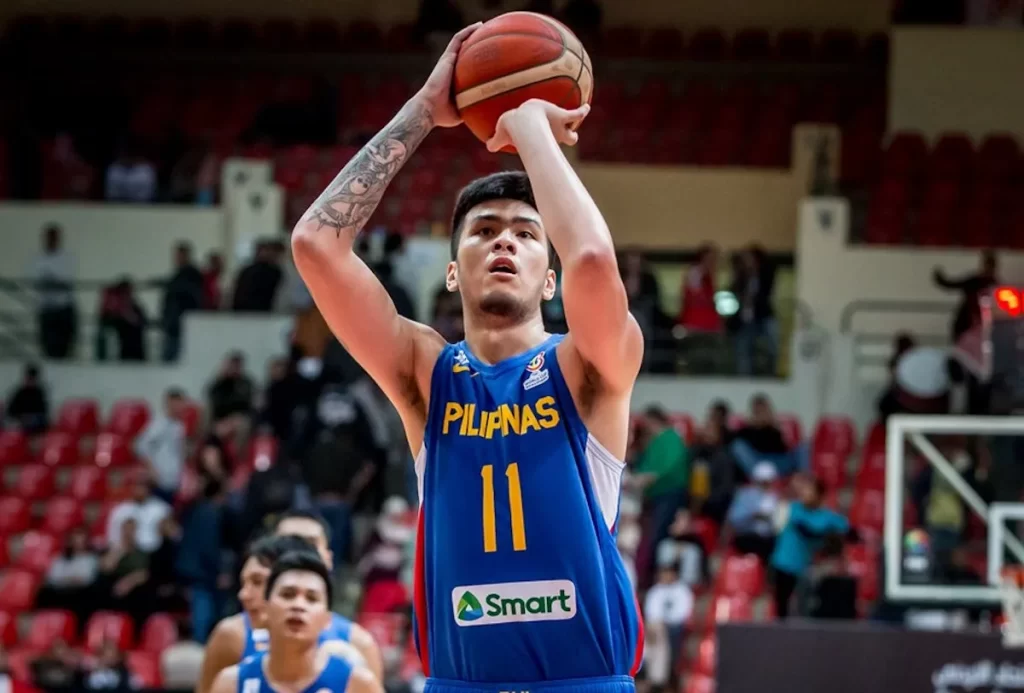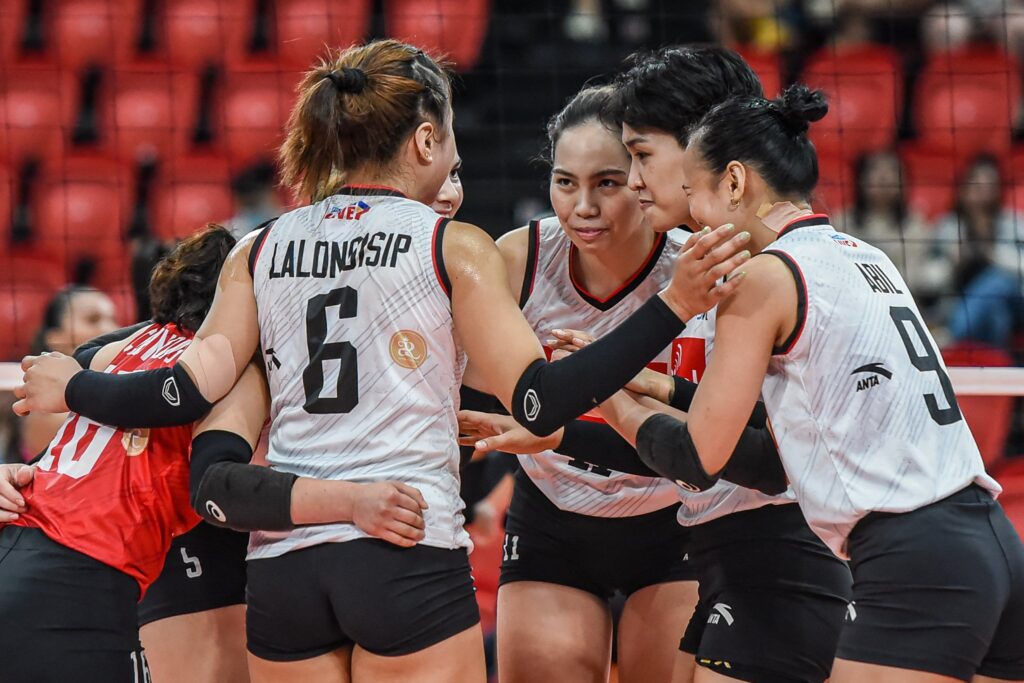Julia Montes shared that she took on the role in the 2024 Metro Manila Film Festival (MMFF) entry Topakk (English title: Triggered) because of its focus on post-traumatic stress disorder (PTSD), a topic that is often overlooked in the Philippines.
Produced by Nathan Studios, Fusee, and Strawdogs, the action-thriller Topakk will make its local premiere at the 50th MMFF after debuting internationally at the Cannes, Austin, and Locarno film festivals.
Directed by Richard V. Somes, Topakk follows a former special forces operative dealing with PTSD whose journey collides with a brother and sister fleeing from criminal elements. Starring Arjo Atayde and Julia Montes, the film addresses “themes of redemption, mental health and corruption, as told through intense action sequences and emotional depth.”
Julia explained that she immediately accepted the project after learning about its PTSD theme. “It’s about time that PTSD will be discussed here in the Philippines because it’s not being talked about here,” she said at a press conference.
She highlighted how PTSD symptoms are often ignored. “For sure, some of us have already felt it. Sometimes, it would cause palpitation, feelings of loneliness na wala namang currently na nangyayari but you feel something. But we, us Filipinos, got used to thinking like, (especially) old folks, ‘Tulog mo lang yan,’ or no one listens to us when we want to say something.”
Julia also admired the film’s underlying message and focus on empathy. “We need to be more open because every character in the film has a story,” she noted.
“If you watch it, every character may hugot. All of us have hugot and are going through something,” she continued. Julia hopes the film inspires audiences to show more kindness. “Be more kind sa mga nakakasalamuha natin because we don’t know what their struggles are every day and kung may nakikinig ba sa kanila.”
Director Richard V. Somes shared that Topakk was conceptualized during the pandemic when he was inspired by the overwhelming emotions brought on by lockdowns and global crises. “We were all bombarded by the news on TV, pandemic, death, war, famine, away ng lahat,” he said.
Looking back, he realized that the script reflected his own struggles. “At the same time, looking back on the time that I wrote the script, I realized that it was my topak after all. Sarili kong multo ang sinusulat ko na sa lahat ng mga takot. And then I just realized that I needed to make it into a film.”
Direk Richard emphasized the importance of addressing PTSD, which remains a sensitive and often unspoken issue in the Philippines. He explained that Filipinos’ sense of community often masks deeper mental health struggles. “We have medical practice also on studying PTSD but of course, Filipinos are known na resilient na species. We are known as matibay. The reason why Filipinos are collective if one is suffering from mental illness, PTSD or anything, that causes harm to you (because) we are more of a community.”
“That’s why if you have problems, if you have something na may dinadala ka, we are used to (like) gather everyone and then we’re OK. We’re like that. We’re very collective (in nature) like, ‘Tol, let’s drink, I have a problem.’”
Meanwhile, Arjo Atayde shared how he portrayed his character’s PTSD symptoms, specifically the involuntary “twitches” caused by trauma. “The twitches that I had (for my role), direk actually helped me with it,” Arjo recalled.
He described how his character suppresses rage, which is common in people suffering from PTSD. “I remember since we started the film, I said, ‘Paano kaya ako yung parang pigil na galit na?’ Yun kasi obviously, especially the people who are very aware of the condition, ‘pag nag-spa-spark, they try to get out of it because it’s very traumatic.”
Arjo emphasized that the role required careful thought and guidance from the director and production team. “Definitely every angle of the character was thoroughly thought about. And of course, with the guidance of direk Richard and the whole production,” he concluded.
Topakk also features Sid Lucero, Enchong Dee, Kokoy de Santos, Levy Ignacio, Bernard Palanca, Paolo Paraiso, and Vin Abrenica.

